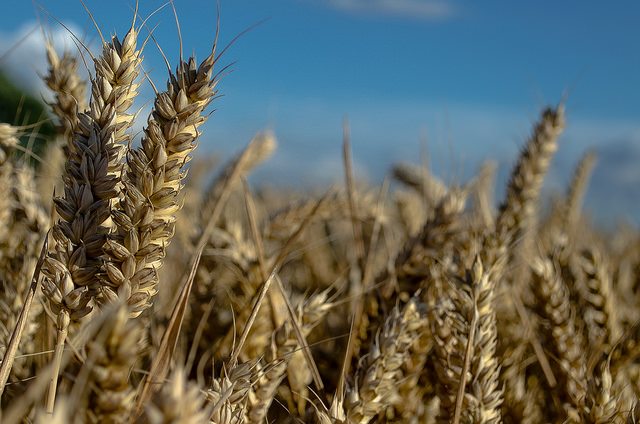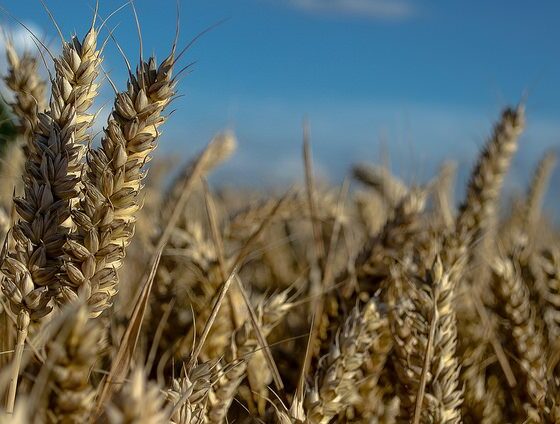

Economy
Conflict zones could place crucial crops at risk, study finds
Wild species related to our crops and are crucial as a potential future food resource have been identified in a study. However, researchers from the University of Birmingham said conflict zones could places these species at risk.
Crop wild relatives (CWR) are species closely related to our crops, which researchers say are needed for future crop variety development. However, the hotspots where CWR are most concentrated is in the so-called ‘fertile crescent’, situated in the Middle East, where conflict is occurring.
Dr Nigel Maxted, lead investigator from the University of Birmingham’s School of Bioscience, said, “There has previously been no opportunity to systematically conserve and use CWR as there was a lack of clarity over their identities and distribution. By creating an inventory of globally important CWR we can discover which countries and regions are the richest in term of priority CWR, and more efficiently plan and coordinate conservation efforts to ensure their survival.”
He added, “It is very important that we conserve these species in secure gene banks, but it is critical to conserve them in their natural habitat as they will continue to adapt to chance in the climate as well as threats from pests and diseases.”
Maxted noted that CRWs would become even more crucial in the future, with the global population expected to grow from the current 7 billion to 9 billion by 2050. As a result, wild crops will be needed to address global food security issues.
The researchers also note that climate change is forecast to have a detrimental impact on the crops that we grow for food. Many wild varieties of crops have traits that could be useful as the impacts of climate change become more apparent, such as drought tolerance, yield improvement and resilience to pest and disease.
Despite the benefits are preserving such crops, the study found that 12% of CWRs are threatened with extinction and are likely to already be suffering a loss of genetic diversity due to habitat loss and alteration, conflict, intensive agriculture, urbanisation and mismanagement of the environment.
Photo: Brad Higham via Flickr
Further reading:
World needs to sustainably produce 70% more food by 2050
Consumers have ’immense power’ to make food sustainable
Elliott review calls for special unity to fight food crime
Climate change a ‘catalyst for conflict’
Leaked IPCC report warns of social and economic impact of climate change


 Environment12 months ago
Environment12 months agoAre Polymer Banknotes: an Eco-Friendly Trend or a Groundswell?

 Features11 months ago
Features11 months agoEco-Friendly Cryptocurrencies: Sustainable Investment Choices

 Features12 months ago
Features12 months agoEco-Friendly Crypto Traders Must Find the Right Exchange

 Energy11 months ago
Energy11 months agoThe Growing Role of Solar Panels in Ireland’s Energy Future





























